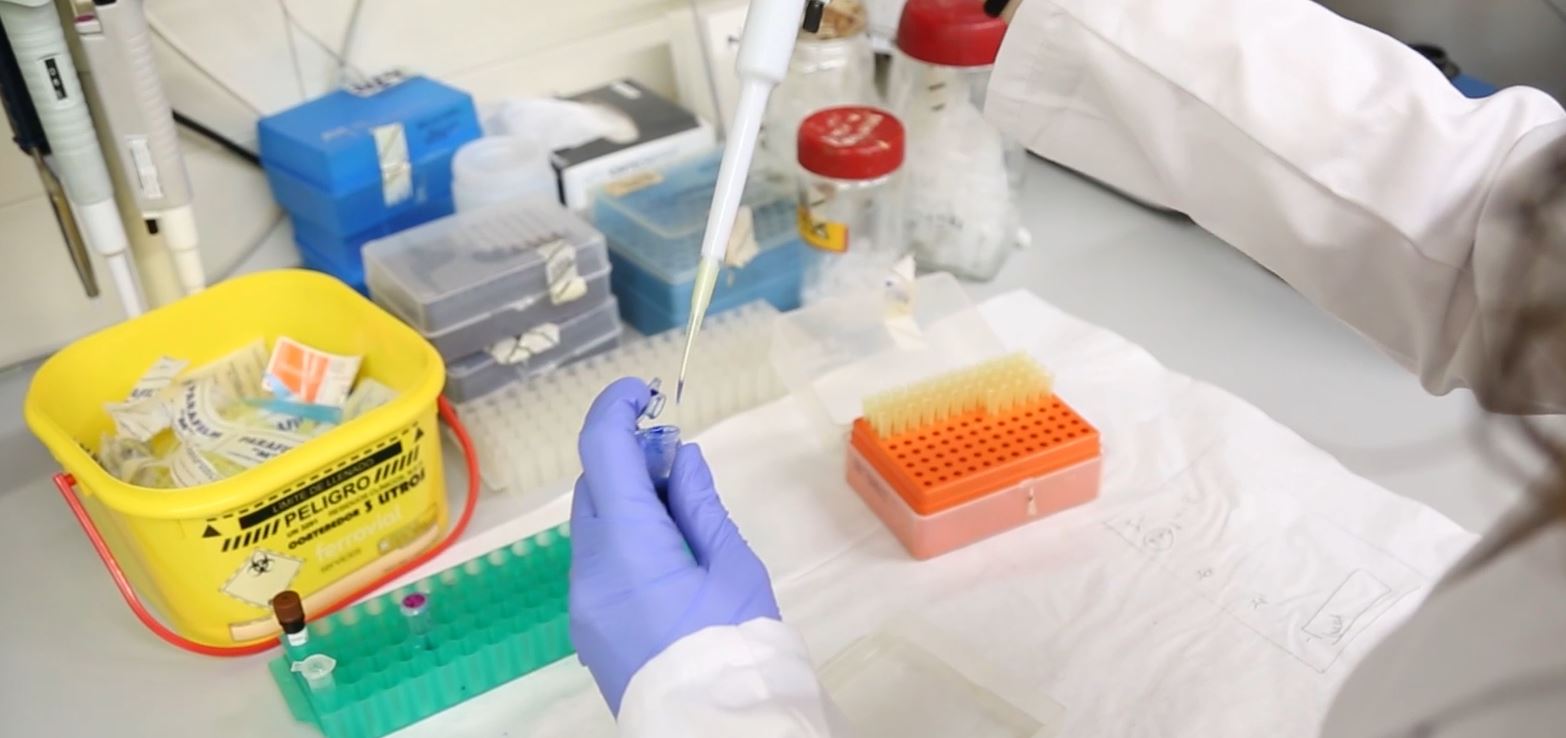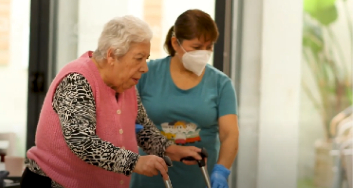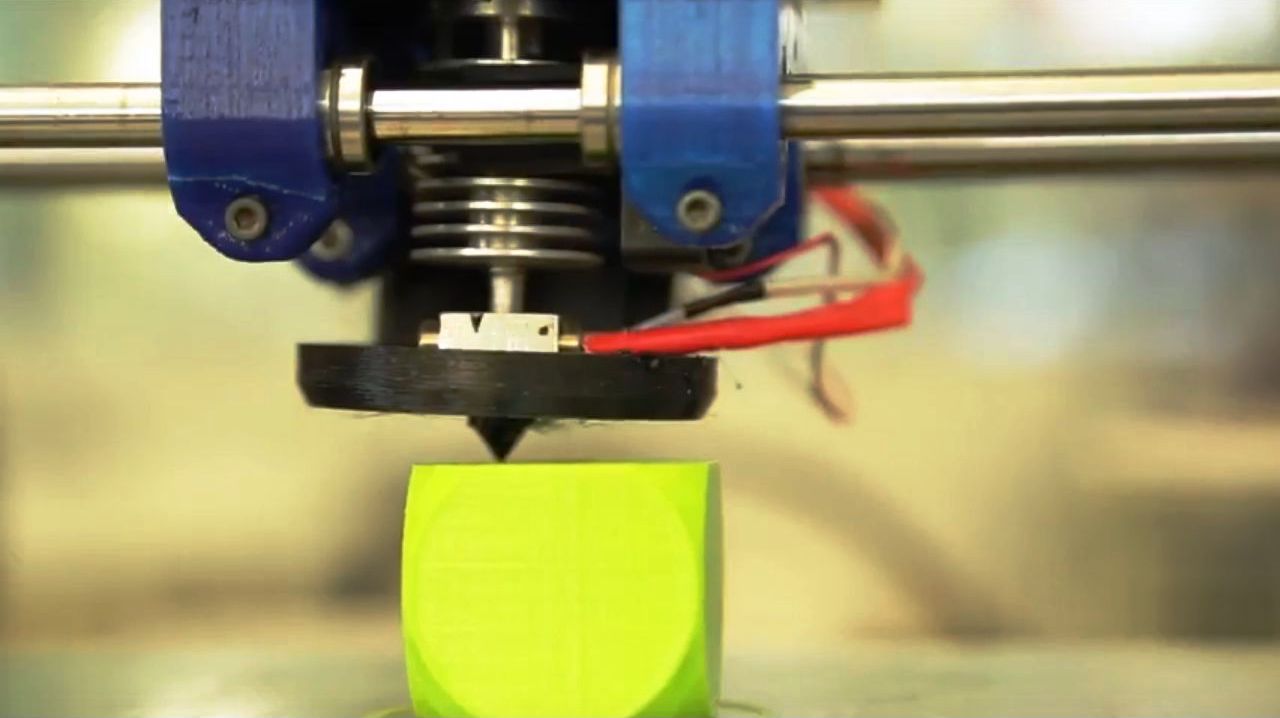
Animal Nutritionist
Other denominations
Animal nutrition technician, Animal nutrition specialist, Animal food technician
Description
The animal nutritionist researches, formulates and adapts the composition of food for animals, regardless of their species, taking into account their specific needs (for example, pregnancy, breast feeding, age), adding supplements if considered necessary for the animal's correct development or to correct nutritional deficiencies (for example, vitamins, gastric protectors, fibre, nutritional supplements). They combine all these elements in the most suitable formula, but also taking into account the raw materials within reach and the food's final price. They can work on a farm, at a livestock cooperative where they manufacture their own feed or at a company that manufactures balanced food for all types of animals, including those for intensive production (poultry farming, aquaculture, rabbit farming, pig farming, cattle raising, horses, sheep farming, pets and other production animals or pets) as well as farm animals and pets. Provides technical assistance and support to farms.
Tasks
- If they work on a farm or livestock cooperative:
- Assesses the nutritional needs of the animals during all stages of their development.
Perform or manage the laboratory tests (chemical and/or biological) required for nutritional diagnosis or to comply with an established procedure.
Formulate diets according to the results of nutritional analysis of animals or using pre-designed tables of nutritional requirements to meet the dietary needs of herds and animals.
Assess the nutritional and economic value of formulations for animals.
Control the production of silage (forage fermented without oxygen to make it more assimilable on a nutritional level).
Interpret the analyses of forage and silage.
Combine raw materials available year round (for example, cereals, forage, silage) to obtain a mixture with optimum nutritional and economic value.
Investigate nutritional disorders, correcting or preventing the conditions causing them.
Use computer tools to formulate feed and nutritional supplements.
Perform customized follow-up of animals to check their adaptation to formulated diets.
Train staff in the prevention and early detection of the external signs of nutritional problems.
Propose, in the case of farming operations or cooperatives, the raw materials to be cultivated. - If working in an animal feed company, whether for livestock or pets:
Investigate the effectiveness of the diet through animal behavior studies and laboratory tests.
Coordinate with the producer or customer to understand profiles and objectives, and the specific needs of the market where animals will be sold. Bear in mind that the types of supplements that can be added to animal feed are not the same all over the world (for example, hormones are allowed in the USA and forbidden in Europe).
Use computer tools to formulate the animal feed.
Develop the nutritional formulation and structure of new products.
Define the composition and structure of the feed considering the form of dosage and where it will be used (for example, design of feed for aquatic animals) always bearing in mind that it must have the ideal balance between the intake of the animal and economic cost in benefit of both the manufacturer and the animal's owner.
Propose and introduce new processes and/or improve existing ones.
Coordinate with the production manager and manufacturing team to decide the manufacturing processes to be used to achieve the best possible relationship between maintaining the nutritional supplement and production costs to ensure the maximum profit margin.
Inspect and control feed formulations to ensure their quality, harmlessness and compliance with animal feed standards, at the level of ingredients used (for example, use of GMO-free ingredients) safety of the feed production processes used (for example, to ensure no biological pollutant is present).
Participate, together with the sales and marketing departments, in the definition of sales and marketing strategies following the launch of new products.
Coordinate the nutritional label and specifications for using the product.
Provide technical support to the sales team during campaigns for launching new products.
Coordinate or provide customer technical support. - In both cases, always:
Be up-to-date with technical and scientific advances in production and new products used in animal feed.
Be up-to-date with any changes or modifications of the regulations or legislation affecting animal feeds.
Train company staff in the correct way of administering the feed (for example, in cases a feed supplement or when a special dose is required, feed for aquatic animals).
Ensures that the end product complies with the established legal and quality regulations applicable in each case.










 | Catalan | Beginner
| Catalan | Beginner | Catalan | Advanced
| Catalan | Advanced
 Open
Open | English | Beginner
| English | Beginner







